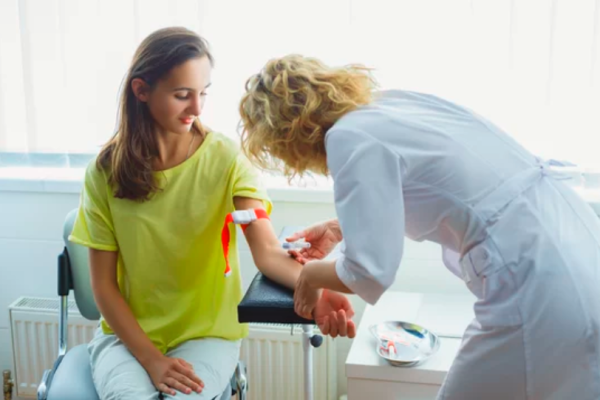
How to tell if a wound is infected
A wound infection occurs when germs infect your skin and sometimes the deep tissues underneath it. In some cases, it’s caused by a parasite invading your skin. You can get a skin infection any time your skin is broken, whether from a cut, puncture, sting, or bite. Some infections happen at the skin’s surface, but…











